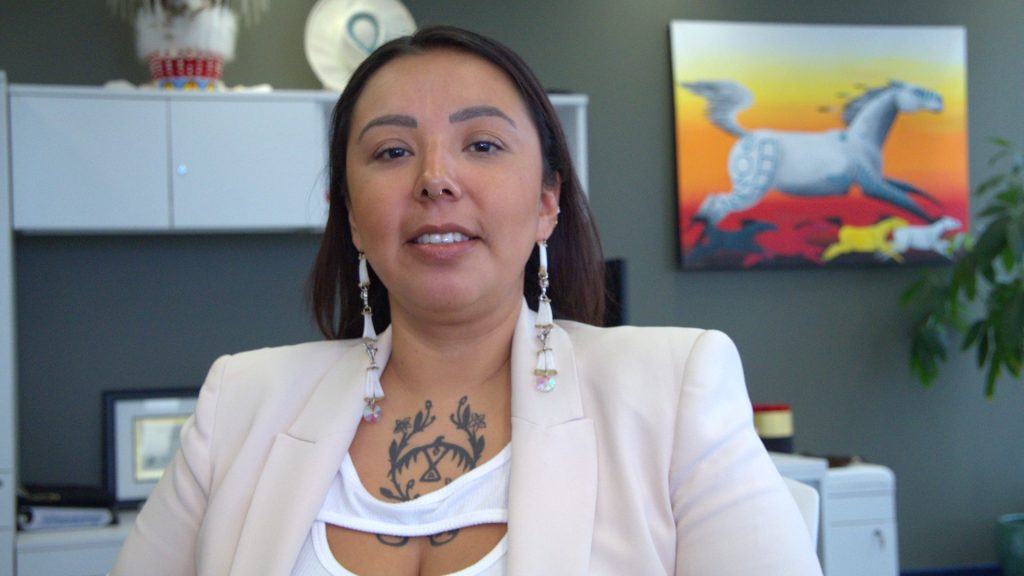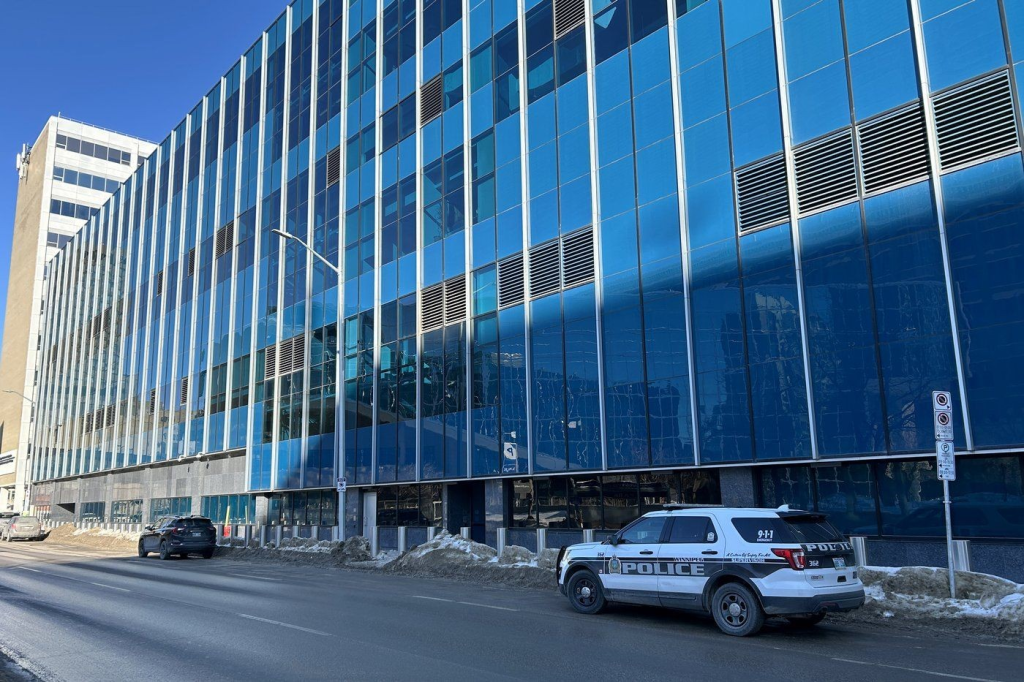Calls to ‘decolonize’ the child-welfare system in Manitoba

Posted April 8, 2025 6:25 pm.
Last Updated April 8, 2025 7:41 pm.
Half of Manitoba’s First Nations parents have an open file with the province’s child-welfare system – a rate four times higher than other parents.
That’s one of the findings in a long-term study into the rates of contact with Child and Family Services (CFS) in Manitoba.
The study also found 27 per cent of First Nations parents experienced removal of one or more of their children – nearly six times higher than other parents.
And nine per cent of all First Nations parents experienced termination of parental rights – at a rate five times higher.
Despite calling the report very important, Manitoba Minister of Families Nahanni Fontaine says it didn’t contain anything new that communities haven’t already been bringing up for years.
“The system is predicated upon understanding Indigenous families or Indigenous parents as not capable of raising and taking care of their own children,” said Fontaine, who has personal experience with the system from being in care twice during her life.
“That is what Residential Schools was about, that was what the Sixties Scoop was about, and that is the historical continuation of child welfare.”
The joint research by the Assembly of Manitoba Chiefs (AMC) and researchers from the University of Manitoba looked at a 20-year period from 1998 to 2019, tracking 13,000 First Nations parents and 106,700 non-First Nations birthing parents.
Researchers say the findings point to “devastating and detrimental harm by CFS to First Nations families and communities.”
“Child welfare needs to be led by our nations,” said AMC Grand Chief Kyra Wilson. “By our families. By our leadership. It doesn’t, and it shouldn’t actually, be a part of government.
“We know that these systems are foreign to who we are as a people and we do need to see jurisdictional transfers of services to our nations. To our families.”
Wilson was a young mother when she became a social worker, allowing her to better understand the system.
“My auntie, who was a social worker at the time, she said you need to become a social worker,” Wilson recounted. “We have so many children in care, and we need people to protect our children.
“I needed to become a social worker because I knew there was a system out there that could take my child away at any time, legally, and there’s no consequence or no repercussions to removing my child.
“I didn’t want anybody coming into my home and taking my child away, so I needed to become an expert in that system.”

The AMC Grand Chief says she expects to see “lasting impacts” from the system and says real change is long overdue. She is calling for more supports for families, including First Nations-led wellness and preventative supports to keep families together.
“What I do know is our people are strong,” she said. “Our people are resilient. But there needs to come a time where we don’t have to continually push against a system that is intentionally hurting us.
“We’ve had to be so strong in everything that we’ve done since time immemorial. We’ve had to do things that no other group of people have had to experience.”
Additional support for families is already underway with the Manitoba government, said Minister Fontaine.
“Any work that we’ve been doing, any gains that have been made in respect of child welfare always comes from the community,” Fontaine said. “And in particular, from the matriarchs within all of our communities, who for the last 30 or 40 years have been advocating to decolonize child welfare.”
The report is based on statistics from before the kinship and customary care agreement.








